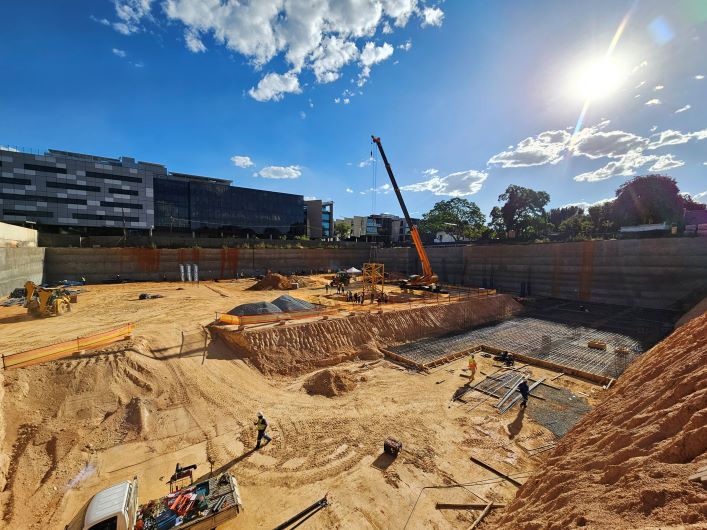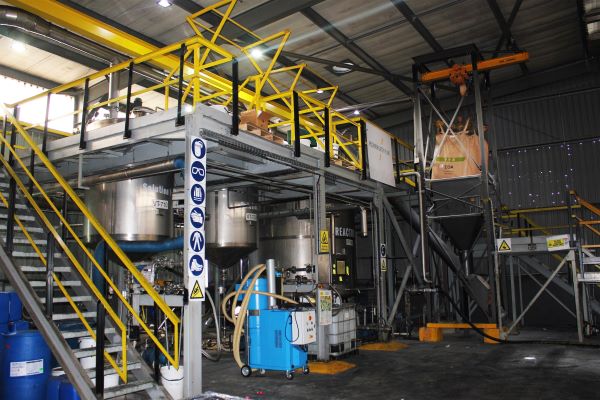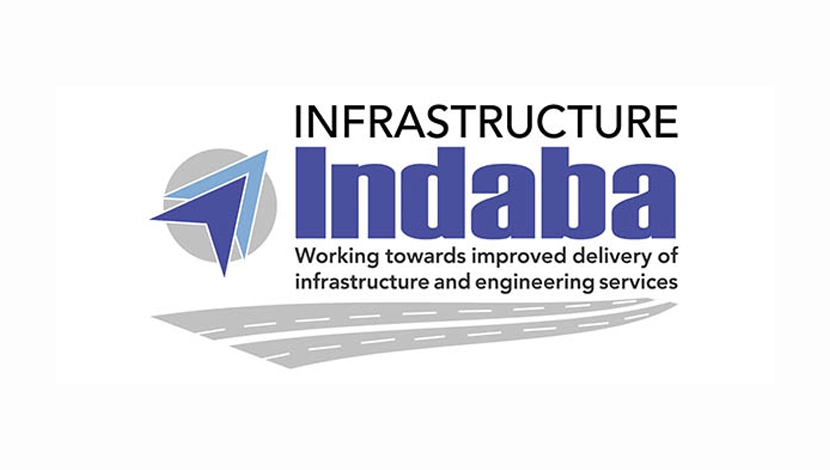
Day Two of the Consulting Engineers South Africa (CESA) Annual Infrastructure Indaba kicked off with discussions centered around transformation and development. Refilwe Lesufi, Prana Consulting Director & CESA Board Member opened the discussion with a focus on the progress of transformation in the public and private sectors.
She congratulated government on making headway in representing diversity in their ranks. “However, the private sector is not following suit. Top management and c-suite positions are still largely dominated by men – with 77%.” She emphasised the importance of addressing transformation through tailored approaches that ensure a diverse talent pipeline prepared to fill engineering industry skills gaps.
Renee Petersen from SMEC, and Chairperson of the CESA Young Professionals Forum (YPF) tackled the topic of unconscious bias. “These are deeply ingrained assumptions which we are often not aware of, and we must consider how this impacts the workplace,” said Petersen. She encouraged delegates to embrace their own behaviour changes to foster a culture of inclusion. Lebo Leshabane from iX engineers agreed that transformation starts with culture. Specifically, she said: “For transformation to be successful, the advocated values and behaviours must become prevalent throughout the organisation.”
Lindiwe Madonsela, Manager for Advocacy, Education and Awareness for the B-BBEE Commission discussed transformation from an economic empowerment perspective. The Commission monitors the implementation of the construction sector code when considering the state of transformation in the construction sector – including built environment professionals. She said, “In the construction sector, there has been a good progression in terms of black ownership with movement towards transformation. However, we need more progress on black-woman ownership.” She reported that transformation is hindered by fraud, non-compliance with the definition of “black”, increased fronting, and “expenditure dumping” on skills development and enterprise and supplier development, amongst others. The B-BBEE Commission has a free advisory service which the construction industry is encouraged to use.

The discussion on transformation ended on a technology perspective from Bennie Vorster, Regional Director: Rail Business Unit, at HATCH. He discussed the digital transformation journey, which brings value for clients of consulting engineers. “It allows remote work with global collaboration, as well as integrated documentation management which enables a simplified review process. Together, this equips businesses with a smoother workflow.” Vorster was joined by HATCH’s John Birnie from Canada who reiterated the importance of adopting technology for a modernised and globalised workflow.
Draft Framework on Professionalising Public Service
Professionalisation in the state and the private sector was another key topic on day 2. Facilitated by Naomi Naidoo from Pink Africa Consulting Engineers and CESA Board Member, views from both private and public stakeholders agree that professionalisation of the state requires public-private coordination. Naidoo addressed the poor picture painted each year by the Auditor-General’s municipal audit report and highlighted the role of the private sector in assisting the state with skills transfer to work towards the improved public sector.
Notably, Dr Florencia Belvedere, Lead: State Reform Programme at the Public Affairs Research Institute (PARI) presented measures underway to improve the effectiveness of state institutions and implementation of public policies. “The acknowledgement by the public sector that professionalisation is needed – and that there must be a de-politicising of public servants – is a step in the right direction. We must now work together to ensure that the Draft Framework on Professionalising Public Service goes ahead to implementation.” PARI has proposed that for professionalisation to succeed, there must be regular integrity and competency tests and more checks and balances in the personnel processes.
Edwin Baloyi, President of SABTACO commented that professionalisation of the public sector cannot be done at the compromise of transformation and the advancement of black professionals. Skills development must be inclusive, he said. “Continuous development is important to foster public servants who are more competitive and are equipped to perform their roles.” Zeenat Ghoor, CEO, Aspire Consulting followed Baloyi with a discussion on the professionalisation of the private sector, which she admitted is a much simpler process than in the public sector, where plans are governed by complex policies and organisational hierarchies. “However, I believe that knowledge sharing across public and private entities is accessible, and vital. We need each other, so we should work together.”
Presenting on behalf of the National School of Government, Dr Botshabelo Maja said that professionalising is one of those interventions we have to put in place if we are going to achieve the National Development Plan 2030. “If we achieve a professional state, we will see different attitudes and behaviours towards serving the public.” He added that professionalisation is a complex process and a key part of this is positioning the government as an employer of choice, working with voluntary associations, and working with higher education institutes. Finally, he reiterated previous presenters’ feelings that professionalisation of the state requires private sector involvement.
Infrastructure: The key to equality
The final discussion of the day was facilitated by Olu Soluade, CESA Vice President, and began with Skhumbuzo Macozoma, CEO of SANRAL. He explained the road ahead for SANRAL which is working towards a new vision. “We have realised that our pursuit of being ‘the best in the world’ is not what our people need. Rather, our new focus is on ‘delivering value for South African citizens.” SANRAL has committed to working on improving their reputation, the road network, transformation, being more agile and working into Africa and beyond.
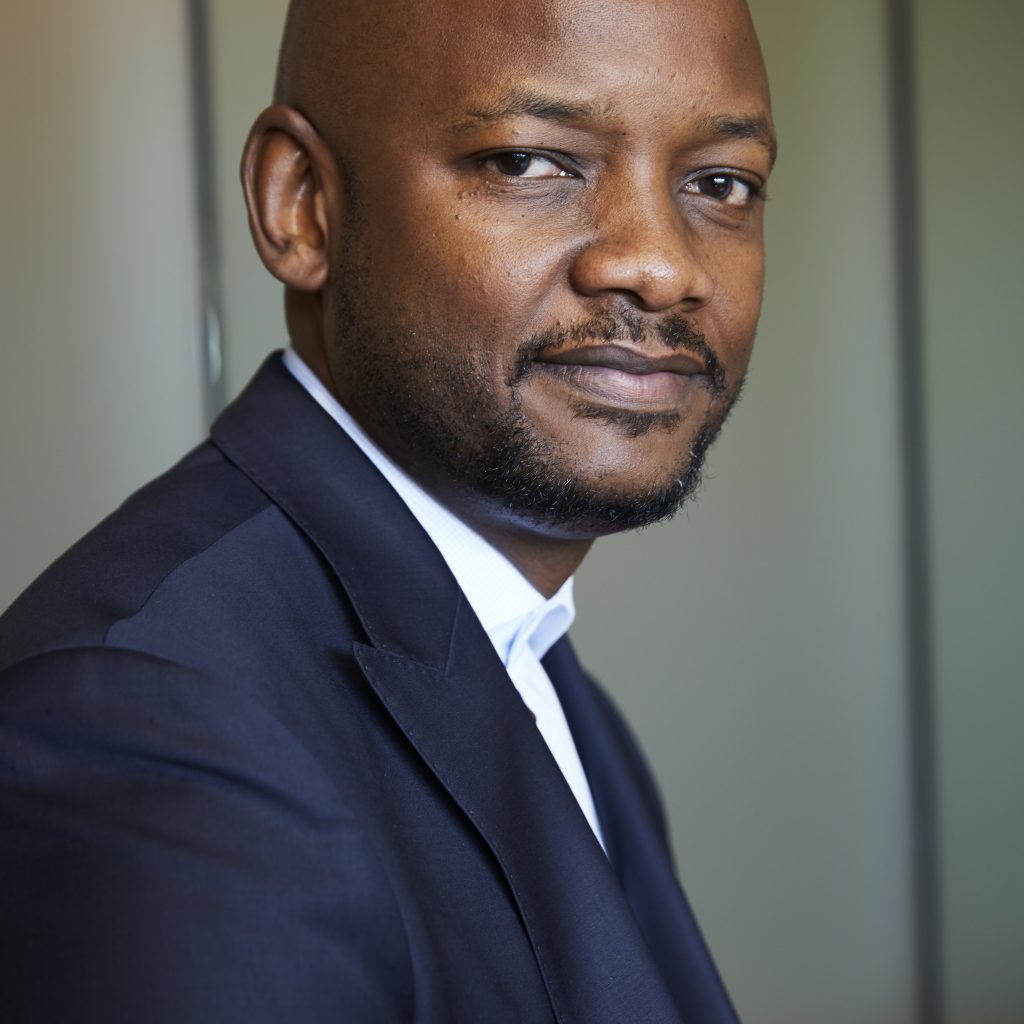
Addressing infrastructure project planning, Sinenhlanhla Chamane, CEO of M & C Consulting Engineers said that the current emphasis on infrastructure development in urban areas places rural areas at a disadvantage. “We are still seeing mass urban migration as people seek quality education and public services.” She recommended that mixed-use developments in rural areas could assist with solving this challenge.
In closing, CESA CEO, Chris Campbell said that discussions over the two-day conference have inspired thinking towards approaching infrastructure development from an entire lifecycle perspective. “Perhaps it is time we consider implementing infrastructure with a maintenance plan of sorts, considering condition monitoring and asset monitoring that goes beyond a three-year plan.”
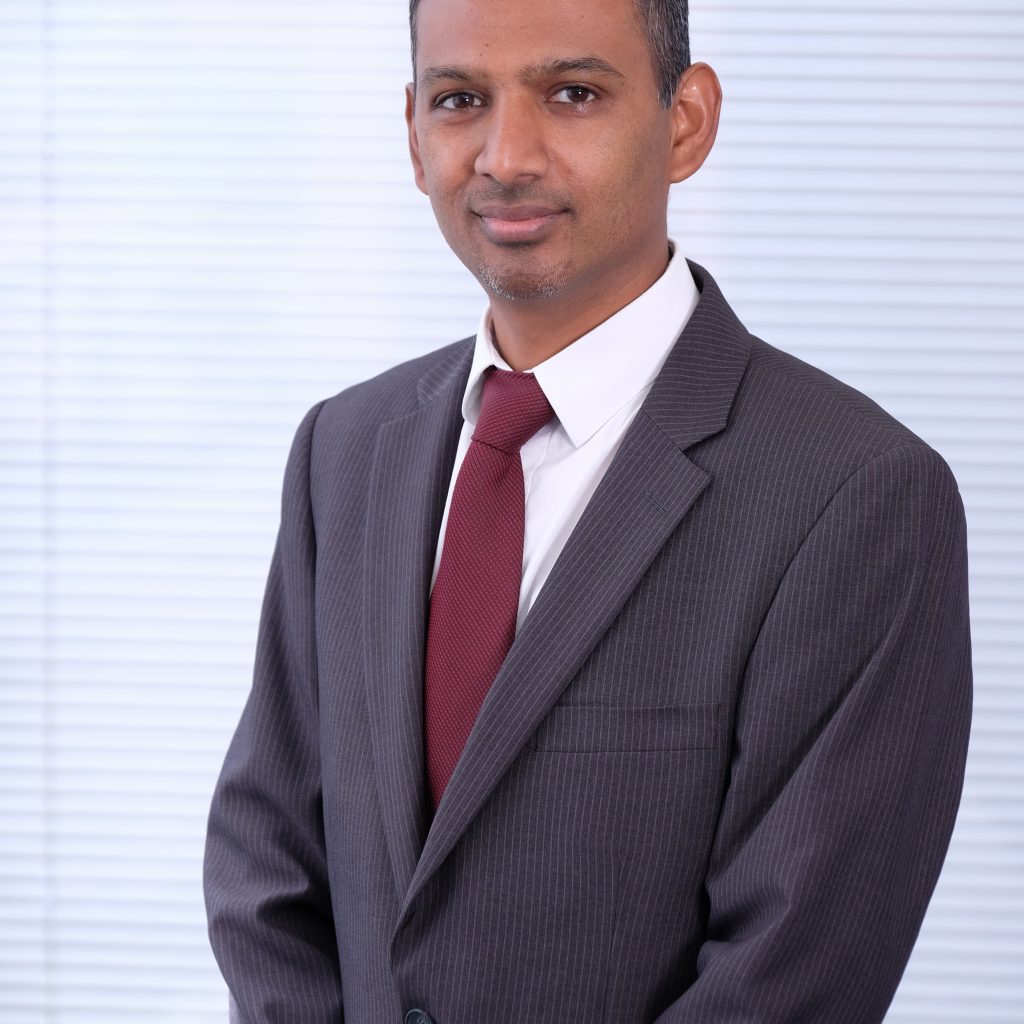
CESA President Sugen Pillay concluded the event by presenting resolutions which were developed over the course of the indaba. He encouraged engineers to actively contribute to the rebuild project, driven by purpose. “When we execute infrastructure projects with purpose, we stand to optimise the positive impacts such as a reduction in poverty, inequality and unemployment.” He said that CESA will also continue advocating for quality cost-based selection and value for money. Finally, he said: “As part of our wider transformation journey, we must consider how we can embrace technology, inform our clients of new solutions, and leverage what is available to improve on our efficiency,” he concluded.
More news
- MBA: ‘HOW CONSTRUCTION FIRMS SHOULD PREPARE FOR THE WORST’
- PART 2: SA’S TRADE DILEMMA: A PODCAST DISCUSSION WITH DONALD MACKAY
- CONCRETE MASTERY TRANSFORMS WATERFALL CITY SKYLINE WITH DHL SERVICE CENTRE
- PART 1: SA’S TRADE DILEMMA: A PODCAST DISCUSSION WITH DONALD MACKAY
- WCA MAY 2024 GLOBAL CONFERENCE HOSTED IN NANJING, CHINA

